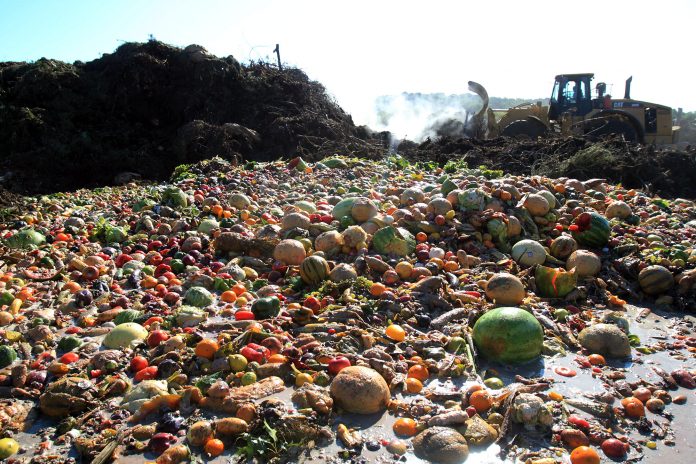In today’s business environment, it is more uncommon to find an office that does not have a pantry as opposed to an office that has one. Having an office that is stocked with drinks and snacks goes a long way in helping to keep staff motivated and focused. Some organisations even choose to bring in catering to provide meals for employees to give them that extra boost. However, all this extra food can bring it’s own problems.
The continued debate on the global climate crisis has brought with it more concerns than ever. However, a new industry is rising to take a stab at the issue, dealing with one of the key contributors to rising global carbon emissions: food waste.
According to the United Nations, food that is wasted in the supply chain and at the dining table is one of the largest contributors to global climate change. This wastage is estimated to contribute up to 4.4 gigatons of carbon dioxide equivalent on an annual basis.
Economies are slowly coming to realise the importance for businesses to introduce solutions in order to tackle the issue. With the UN estimating an annual cost of around US$2.5 trillion in food wastage, businesses are hoping to get a slice of the pie by providing food waste solutions.
Some of said solutions include food redistribution businesses that collects excess food from suppliers and re-distributes them to care homes and charitable organisations such as soup kitchens.
Certain data analytics companies are even developing smart tracker technologies to provide hotels and large commercial kitchens with a tool that helps them track and reduce food waste and save cost. While there are many solution providers offering ways to redistribute and recycle food waste, there are fewer solutions such as these than prevent food wastage in the first place.
Additionally, businesses are also finding ways to utilise food scraps that are unusable as an energy source, turning them into cooking gas and fertilisers. One such example of such a company is Homebiogas, an Israel-based energy company.
The business uses bacteria to break down foods, including fruits and vegetables, meat and diary, and converts it into biogas.





















